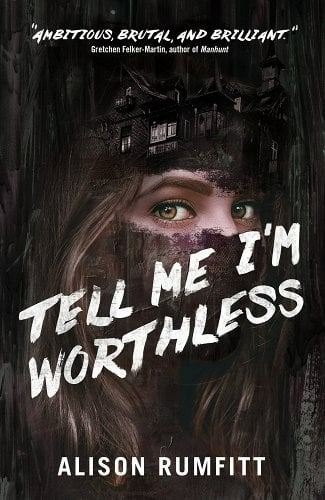Buy this from Bookshop.org to support local bookstores and the Lesbrary! I feel so conflicted about Tell Me I’m Worthless, because it’s one the most thought-provoking and memorable horror books I’ve ever read. The sections I liked were captivating, and in the first chapter, this felt like a new favourite book. But there were alsoRead More
An Anti-Fascist Queer Space Opera: Some Desperate Glory by Emily Tesh
Bookshop.org Affiliate Link Some Desperate Glory by Emily Tesh is one of the most powerful science fiction books I have ever read. I have not been able to read another book because I keep wondering where the main character Kyr has gone. I look for her in everything. She is such a well-rounded, complicated character (the best kind),Read More
